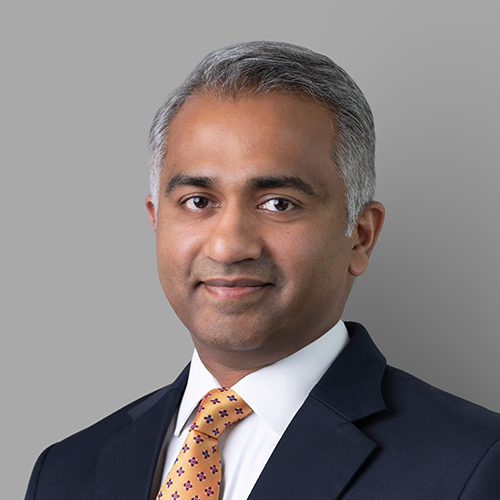The experiential economy is redefining urban development across the Middle East.
In cities such as Dubai, Abu Dhabi, and Riyadh, experience is shaping development at a fundamental level, guiding how economies diversify, identities are built, and global ambitions are realised.
National visions such as Saudi Arabia's Vision 2030, UAE's Vision 2071, and Qatar's National Vision 2030 have placed experiential environments at the centre of future growth strategies. This shift is visible in developments such as Dubai's Museum of the Future, Riyadh's Diriyah Gate, and Abu Dhabi's Saadiyat Cultural District. Each of these projects moves beyond conventional definitions of cultural or commercial landmarks, creating immersive destinations that serve as economic engines and global tourism magnets.
Sustainability and Tech as Experience
Climate-responsive design has become a core enabler. In a region where extreme temperatures once constrained outdoor activity, projects such as Dubai's City Walk and Bluewaters Island have extended the viability of open-air environments through integrated cooling and shading strategies. Sustainability itself is being reimagined as a form of experience, with developments like Masdar City turning eco-consciousness into a lived, everyday reality.
Technology integration is accelerating the shift. Initiatives like Smart Dubai and the augmented reality-driven entertainment zones in Riyadh demonstrate a new model of urban development where digital-physical interaction is built into master plans from inception, rather than layered on as a retrofit.
The Real Estate Impact
These changes are reshaping real estate dynamics. Experiential environments are commanding valuation premiums that surpass those traditionally linked to views or locations. In Dubai and Abu Dhabi, retail spaces structured around social, cultural, and entertainment experiences are outperforming traditional retail centres, driving yield compression and investor interest. The allocation of gross floor area to experiential components has risen sharply, with some contemporary mixed-use projects dedicating more than 35% to flexible, experience-led spaces.
Developers are adapting structurally. Leading groups such as Majid Al Futtaim and Emaar have embedded experiential auditing and design thinking into project development, ensuring that emotional and sensory engagement is prioritised from the earliest stages. Investment models are evolving in parallel: Saudi Arabia's Public Investment Fund and Abu Dhabi's Mubadala are explicitly weighting experiential outcomes in their funding criteria, enabling large-scale destination developments that blend real estate and entertainment.
Authenticity has emerged as a differentiator. Projects like Musheireb Downtown Doha and King Abdullah Financial District demonstrate how cultural references and traditional urban patterns can be reinterpreted to create contemporary experiences that are both distinctive and deeply resonant.
Middle Eastern cities are not simply adding experiential elements to existing frameworks; they are establishing new models where experience sits at the core of economic, social, and real estate value. As these strategies take hold, they are likely to offer a reference point for global markets adapting to an experience-driven future.
The Rise of the Experiential Economy | US | Cushman & Wakefield




